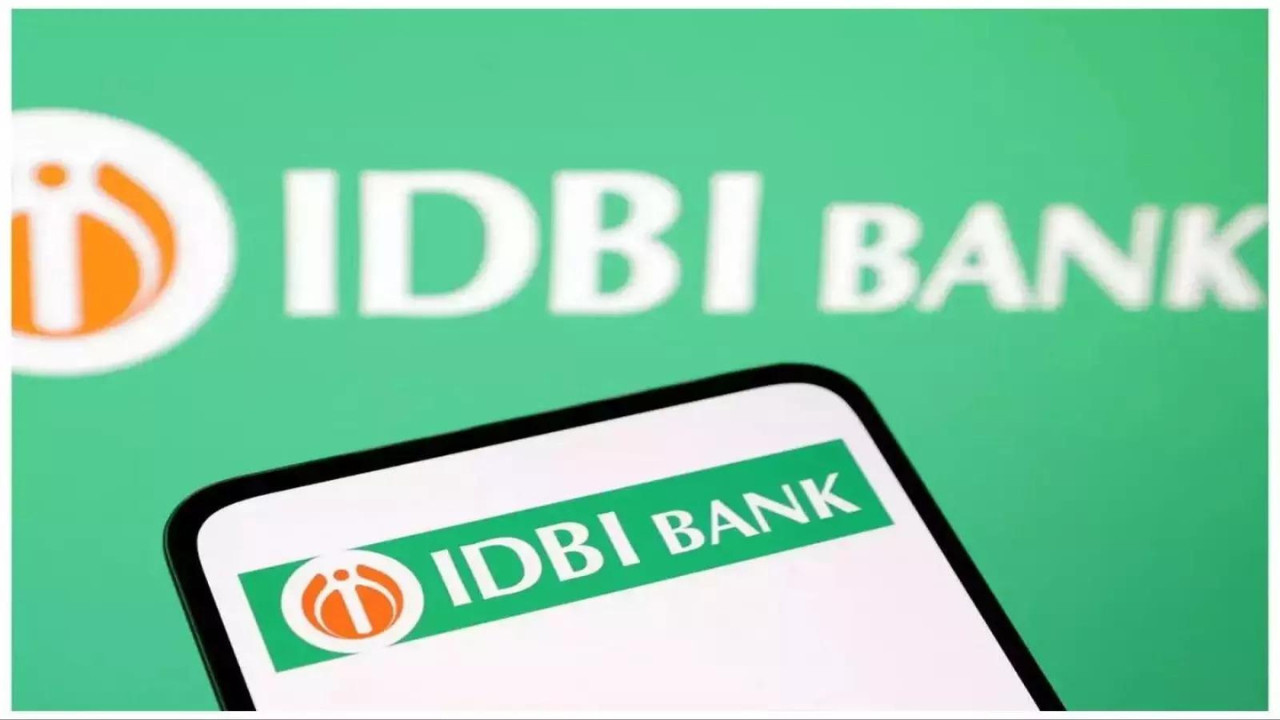IDBI Bank Disinvestment: A New Chapter Beckons
The winds of change are swirling around IDBI Bank. After months of anticipation, the path toward its privatization has cleared a significant hurdle. The Securities and Exchange Board of India (SEBI) recently greenlit the government’s proposal regarding the stake sale, removing a key regulatory obstacle in what promises to be a transformative deal.
But what does this really mean for the future of IDBI Bank, and for the Indian banking sector as a whole? Let’s delve into the details.
LIC’s Exit Strategy: Paving the Way for New Ownership
The lynchpin of this entire operation involves the Life Insurance Corporation of India (LIC), which currently holds a substantial stake in IDBI Bank. The SEBI approval allows LIC to offload its shares in the bank, a move that is essential for the government to proceed with its strategic disinvestment plans. This clearance specifically addresses concerns around potential conflicts of interest that might arise due to LIC’s role as both a significant shareholder and a major player in the insurance industry.
Think of it like this: LIC has been a supportive partner for IDBI, but now it’s time for a new dance partner to take the lead. This divestment is not necessarily a reflection of LIC’s faith in IDBI’s potential, but rather a strategic realignment to avoid potential conflicts and allow a new, potentially more agile owner to guide the bank forward.
Why is IDBI Bank Privatization So Important?
The government’s decision to privatize IDBI Bank isn’t just about raising revenue; it’s a strategic move aimed at injecting fresh capital, innovative strategies, and improved efficiency into the banking institution. IDBI Bank, while having a long history, has faced challenges in recent years. Privatization is seen as a way to unlock its full potential, enhance its competitiveness, and ultimately benefit the Indian economy.
A private owner, motivated by profit and driven by market forces, is likely to implement more aggressive growth strategies, streamline operations, and invest in cutting-edge technology. This could translate into better services for customers, increased lending to businesses, and a more dynamic banking environment overall. The image below shows the IDBI bank headquarters.

Who Are the Potential Suitors?
While the exact list of bidders remains confidential at this stage, industry whispers suggest that several domestic and international financial institutions are keenly eyeing the opportunity to acquire a controlling stake in IDBI Bank. These include established banking giants, private equity firms, and potentially even consortiums looking to make a significant entry into the Indian financial market.
The identity of the eventual buyer will undoubtedly have a major impact on the future direction of IDBI Bank. A strong, experienced player with a proven track record could bring invaluable expertise and resources to the table, accelerating the bank’s transformation and propelling it to new heights.
Navigating the Road Ahead
With SEBI’s approval secured, the disinvestment process is expected to gather momentum. The next steps likely involve finalizing the bidding process, conducting due diligence, and ultimately selecting the winning bidder. This is a complex undertaking, and there are bound to be further regulatory hurdles and logistical challenges along the way.
However, the recent progress is a clear indication of the government’s commitment to this strategic initiative. The privatization of IDBI Bank represents a significant milestone in India’s ongoing efforts to reform its banking sector and create a more robust and competitive financial landscape. This move will bring more focus to banking regulations and consumer protection.
The successful sale of IDBI Bank could also pave the way for further privatization efforts in the banking sector, sending a positive signal to investors and reinforcing India’s image as a reform-oriented and investor-friendly economy.
The Future of IDBI Bank and the Indian Banking Landscape
The privatization of IDBI Bank is more than just a financial transaction; it’s a catalyst for change. It’s an opportunity to revitalize a venerable institution, inject fresh energy into the banking sector, and ultimately contribute to the growth and prosperity of the Indian economy. While challenges undoubtedly lie ahead, the momentum is building, and the future of IDBI Bank looks brighter than ever before. The final outcome will shape the future of banking and the economic landscape of the nation.







